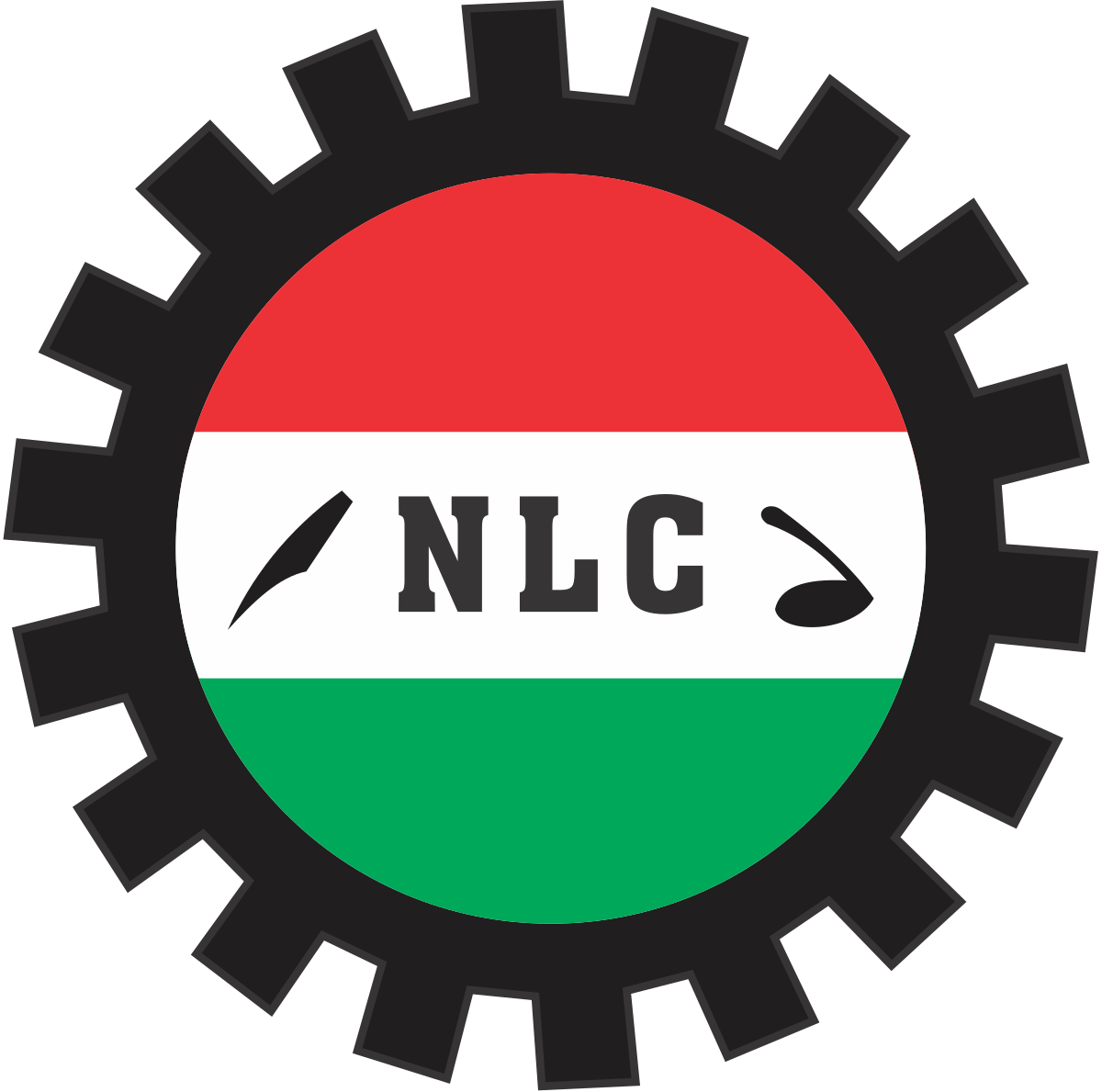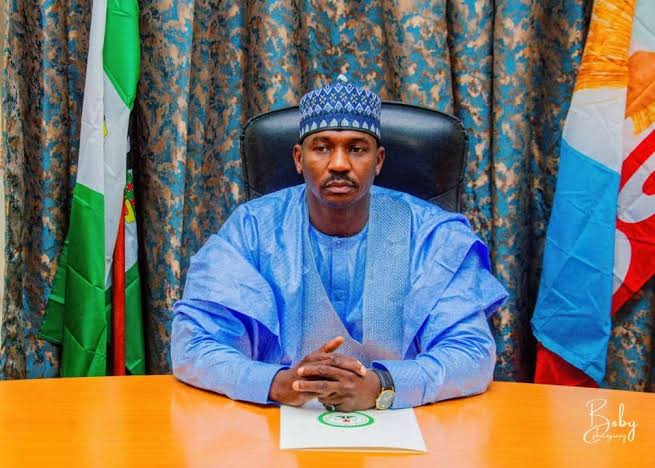Nigeria Labour Congress (NLC) has urged federal government to reconsider the national minimum wage, stressing that the current N70,000 is no longer sufficient for Nigerian workers.
Gatekeepers News reports that the demand comes after some states reviewed their wage structures upward.
In July 2024, President Bola Tinubu signed a new minimum wage law that raised the benchmark from N30,000 to N70,000 across the federal, state, and private sectors. However, inflation, coupled with the rising cost of food, transportation, housing, and electricity, has quickly eroded its value.
On August 27, Imo Governor Hope Uzodimma announced a new minimum wage of N104,000 for workers in his state, along with broader salary adjustments. Several other states, including Lagos, Rivers, Bayelsa, Enugu, Niger, Akwa Ibom, Ogun, Delta, Benue, Osun, and Ondo, have also reviewed their salary structures. Lagos, in particular, is targeting N100,000 by 2025.
Speaking in an interview with NAN, Benson Upah, acting general secretary of the NLC, highlighted the strain workers are facing.
He said, “The truth is that N70,000 is not sustainable under the present economic situation. Workers are under immense pressure, and unless the government responds quickly, the crisis of survival will only worsen.”
Upah noted that although the NLC prefers dialogue, it would not rule out industrial action if the federal government fails to address the situation.
Echoing the call, Shehu Mohammed, president of the Association of Senior Civil Servants of Nigeria (ASCSN), commended states that have increased wages, describing such moves as eye-openers for the federal government.
He said, “Right from the beginning, during the negotiation, our demand was for a living wage, and we submitted N250,000 as a reasonable benchmark,” Mohammed explained.”
“Let’s be realistic. Even if you pay electricity bills out of N70,000, what remains cannot sustain a family for 10 days.”
Mohammed further advised that wage adjustments should be backed with measures that ease living costs, such as affordable housing, healthcare, and subsidised transportation.









